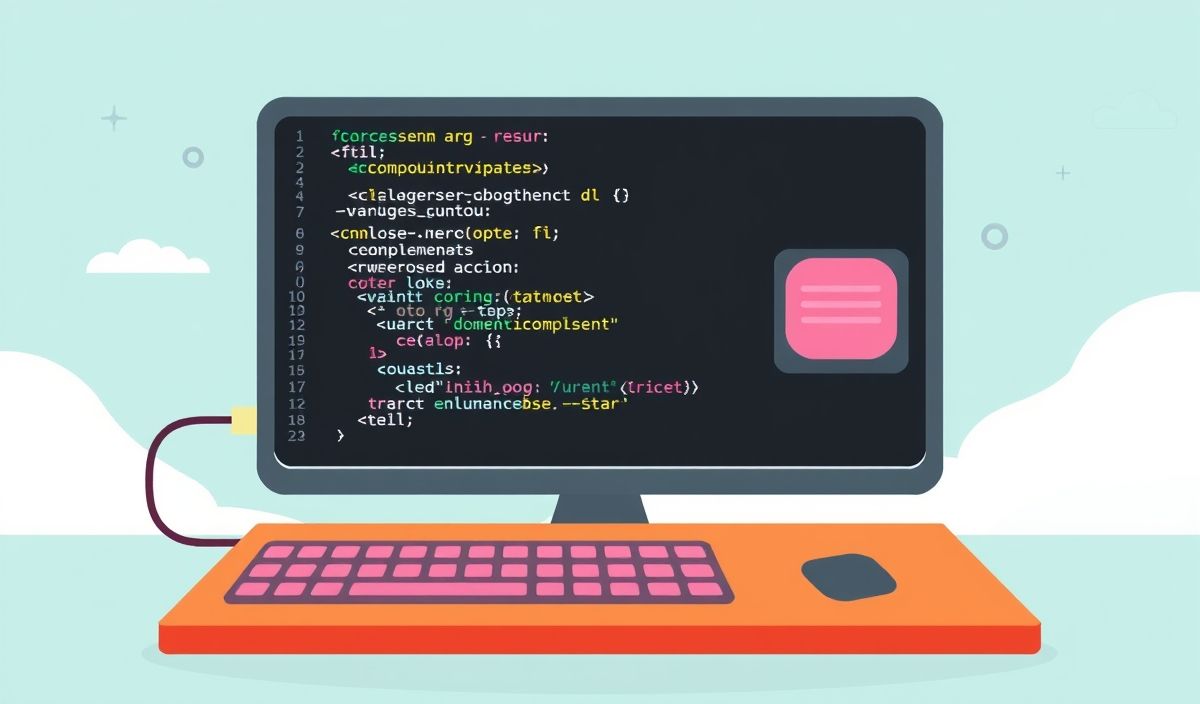Introduction to `dns-packet`
The `dns-packet` is an amazing module in the Node.js ecosystem that allows developers to create, encode, decode, and parse DNS packets. This versatile module is extremely useful for creating DNS servers, clients, and other network utilities. In this article, we will explore the various APIs provided by the `dns-packet` module and offer code snippets to demonstrate its capabilities.
Basic Usage of `dns-packet`
const dnsPacket = require('dns-packet');
Encoding DNS Packets
To encode a DNS packet which you can then send over the network:
const dnsPacket = require('dns-packet');
const buf = dnsPacket.encode({
type: 'query',
id: 1,
flags: dnsPacket.RECURSION_DESIRED,
questions: [{
type: 'A',
name: 'example.com'
}]
});
console.log(buf);
Decoding DNS Packets
To decode a DNS packet you received from the network:
const buf = /* buffer from the network */; const packet = dnsPacket.decode(buf); console.log(packet);
Creating DNS Questions
To create DNS questions:
const question = {
type: 'A',
name: 'google.com'
};
console.log(question);
Creating DNS Answers
To create DNS answers:
const answer = {
type: 'A',
name: 'google.com',
ttl: 300,
data: '172.217.16.196'
};
console.log(answer);
Building a Simple DNS Server
Finally, here is an example of a simple DNS server that uses `dns-packet`:
const dgram = require('dgram');
const dnsPacket = require('dns-packet');
const server = dgram.createSocket('udp4');
server.on('message', (msg, rinfo) => {
const query = dnsPacket.decode(msg);
console.log(query);
const response = dnsPacket.encode({
type: 'response',
id: query.id,
flags: dnsPacket.RECURSION_DESIRED,
questions: query.questions,
answers: [{
type: 'A',
name: query.questions[0].name,
ttl: 300,
data: '127.0.0.1'
}]
});
server.send(response, rinfo.port, rinfo.address);
});
server.bind(53);




